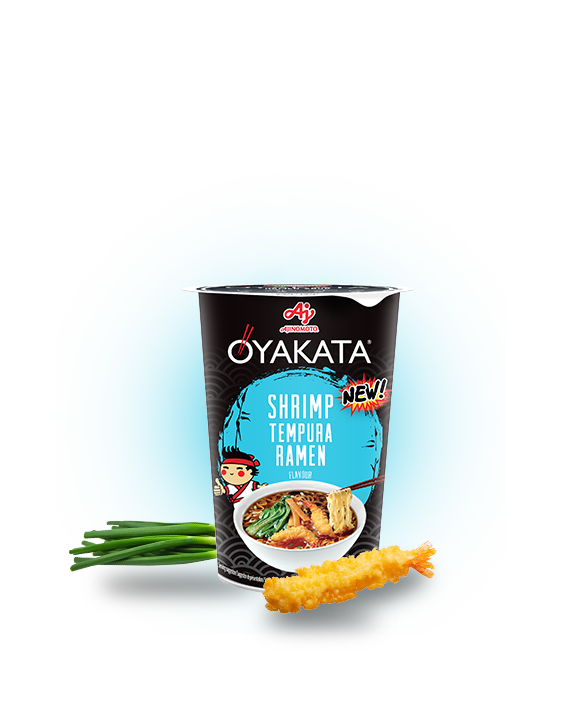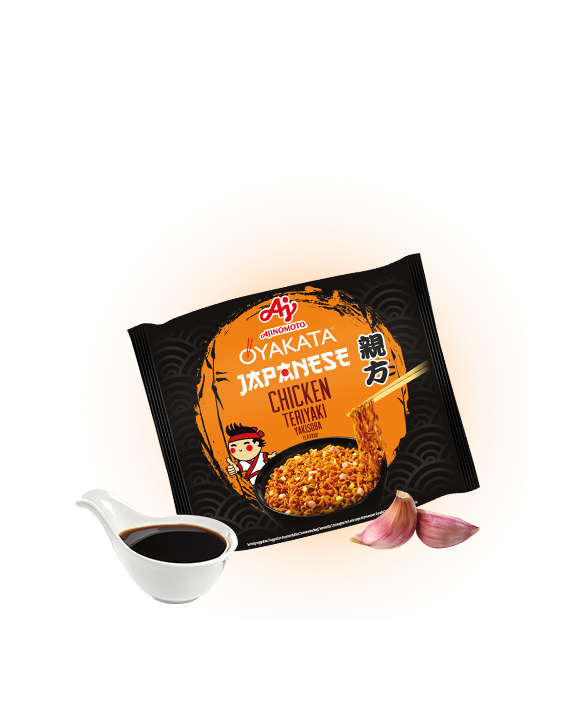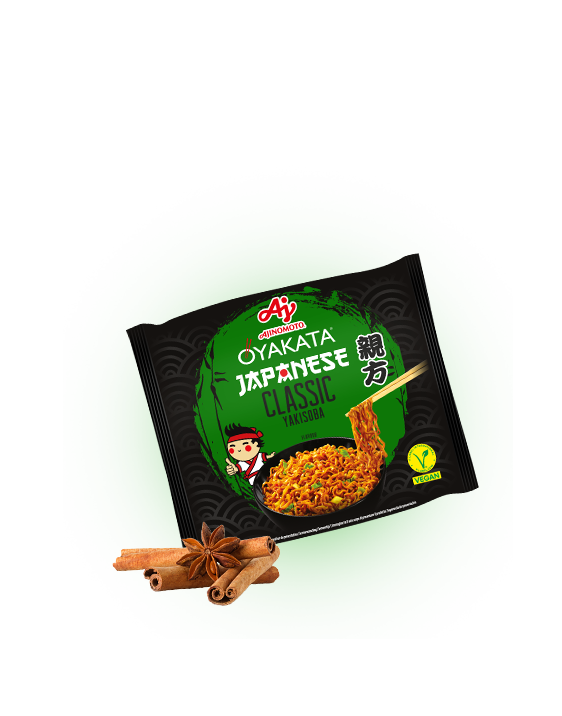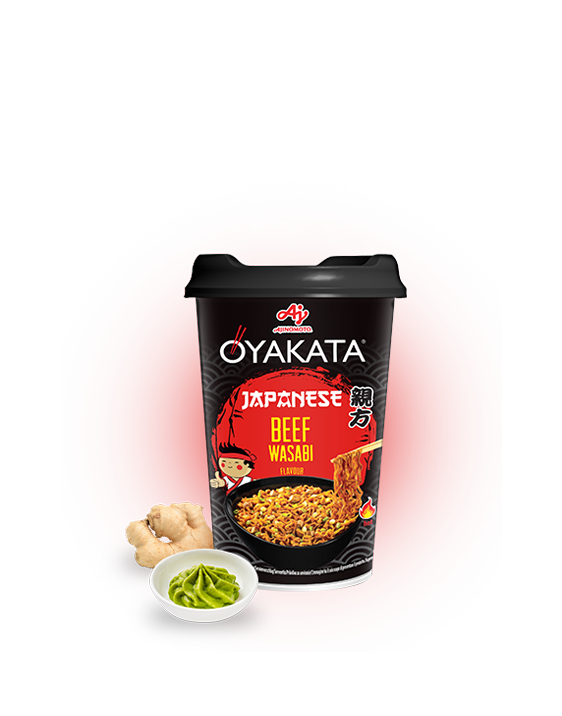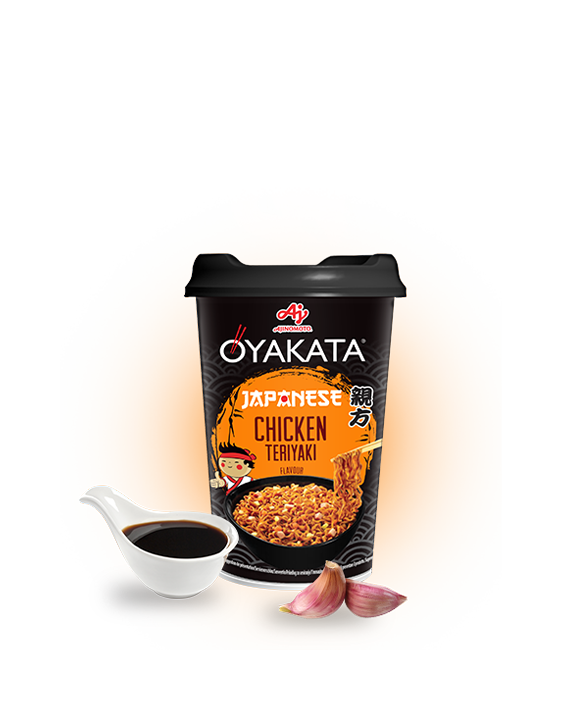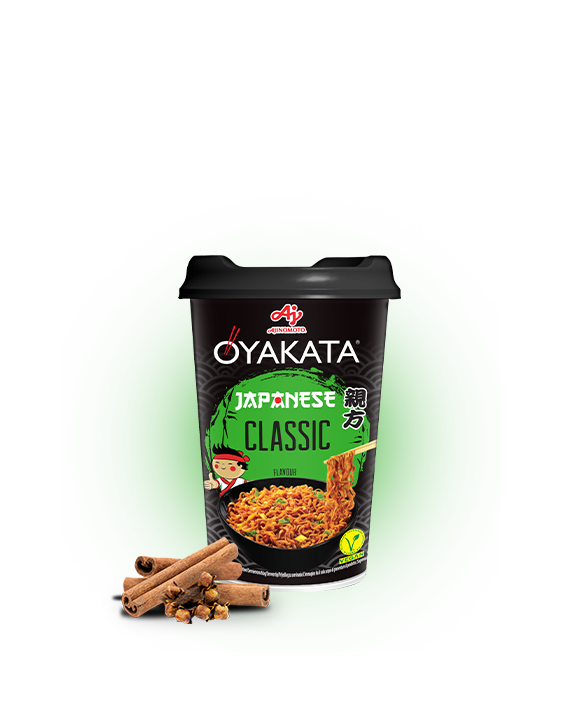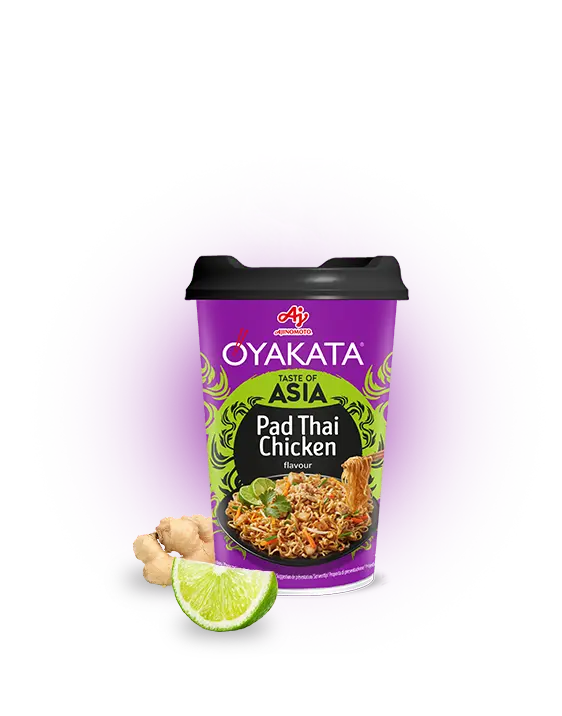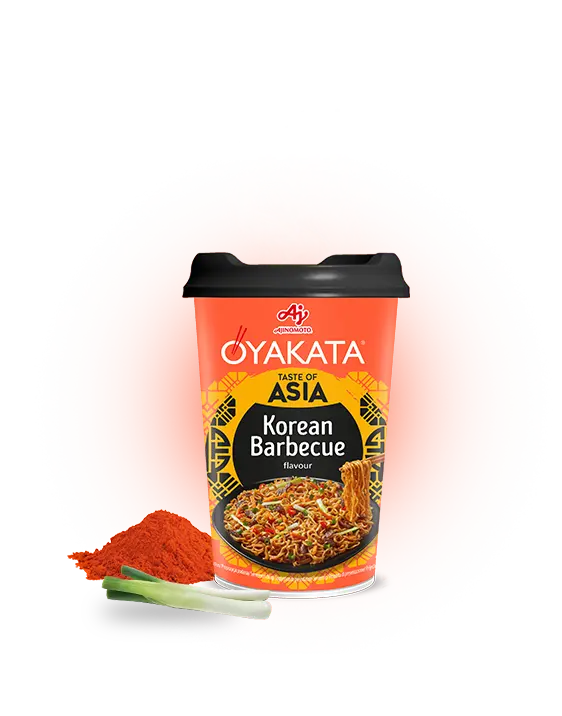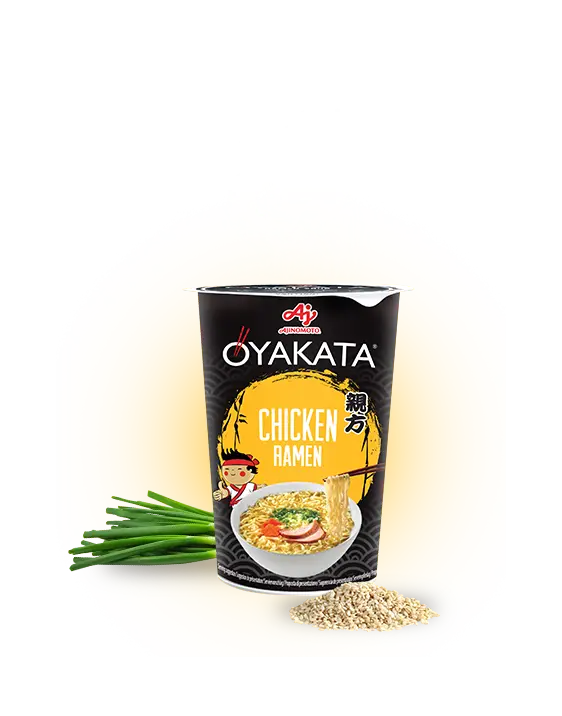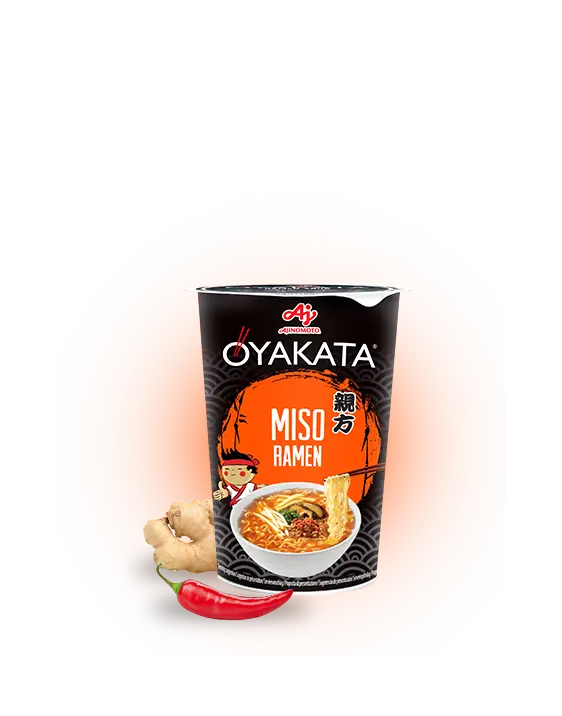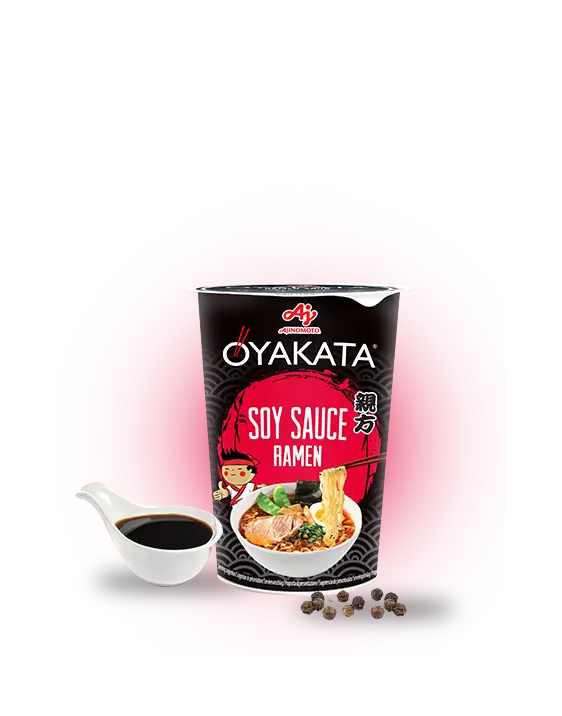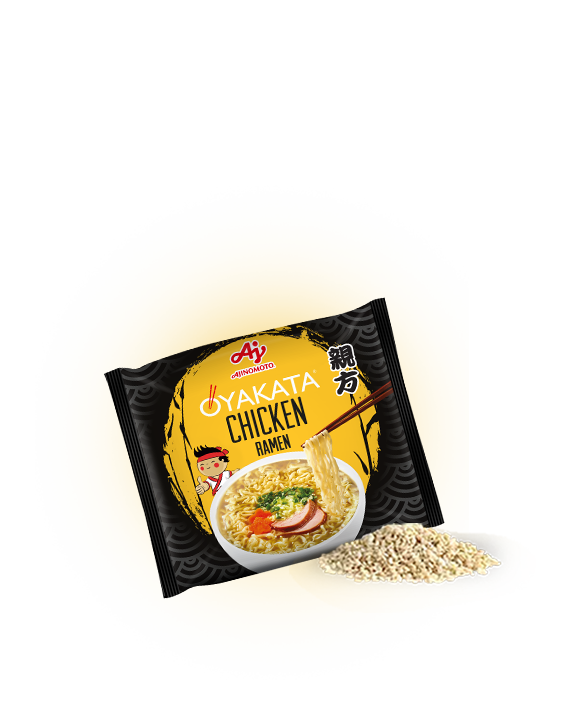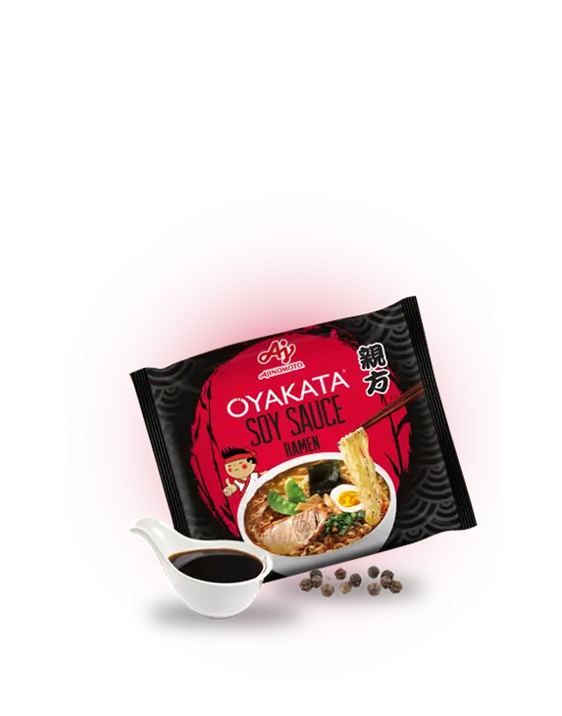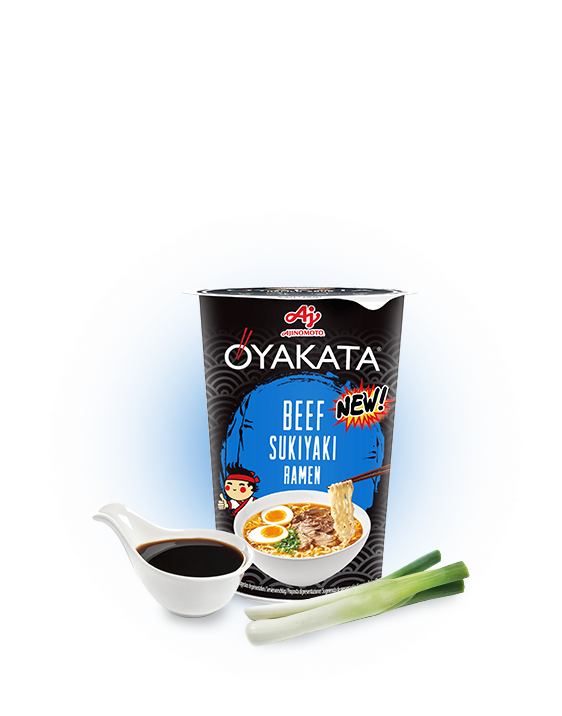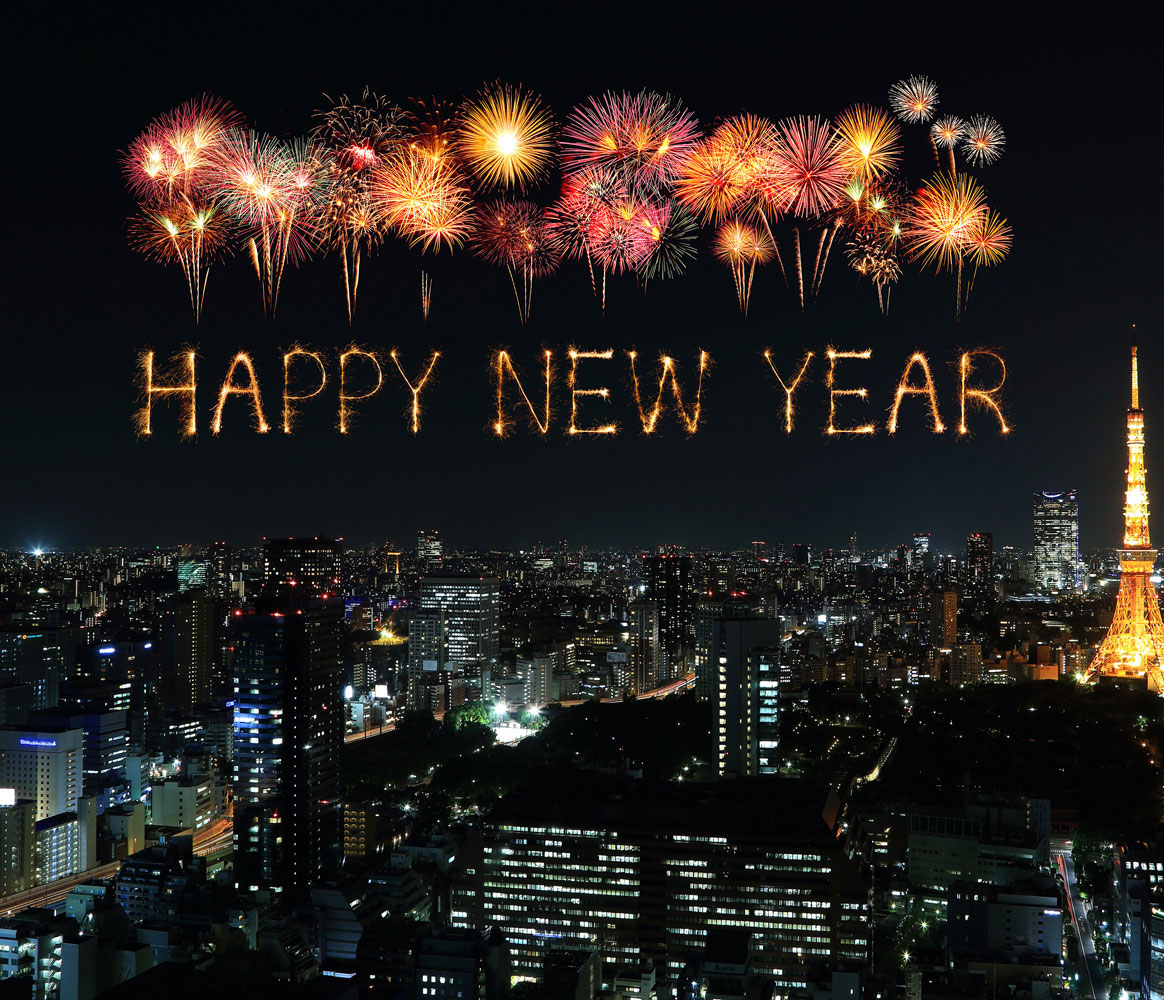

MASTER'S BOOK
NEW YEAR’S CELEBRATIONS IN JAPAN. CUSTOMS AND TRADITIONS
New Year customs in Japan
There are a number of traditions and customs which Japanese people must observe before they start celebrating the New Year. One of the most important ones is preparing the home for the coming of the new, which involves thorough house cleaning. On the night between 31 December and 1 January, bells are ringed in Buddhist temples across the country 108 times (joya-no-kane). The number 108 refers to the negative desires and concerns that people experience throughout the year. On 1 January families pray together at their home altars and give Daruma dolls (without eyes) to other family members while wishing them a happy New Year. When they say their wish, every family member paints one eye back onto one Daruma. If the wish comes true, the other eye is painted, and otherwise the doll is burned on the next New Year’s night.
Children are given New Year gifts (o-toshidama), usually money, while adults give New Year cards (nengajō) to one another. These feature the zodiac animal for the new year. New Year’s is also a great occasion for family entertainment. The Japanese play a variety of New Year games, such as sugoroku (board games), hanetsuki (a game played with paddles and similar to badminton), karuta (a card game) and fukuwarai (a drawing game).
New Year’s dinner in Japan
Japanese families eat a dinner together to celebrate the New Year. Traditional New Year’s food is arranged in jubako boxes and includes a special sake (Toso), osechi-ryōri (an attractive set of various dishes based on shrimps, eggs, fish, etc.), sushi, sashimi, zōni (soup with mochi rice cake) and ozoni soup. Each of the dishes is meant to symbolise one New Year wish, erase bad memories and ensure longevity to the household members.



